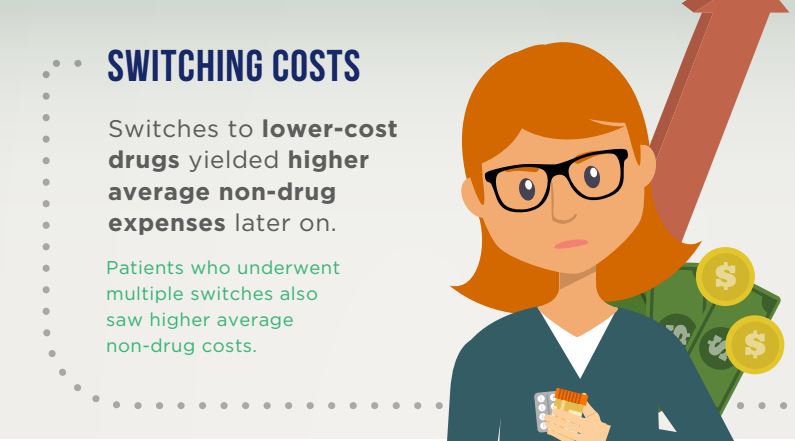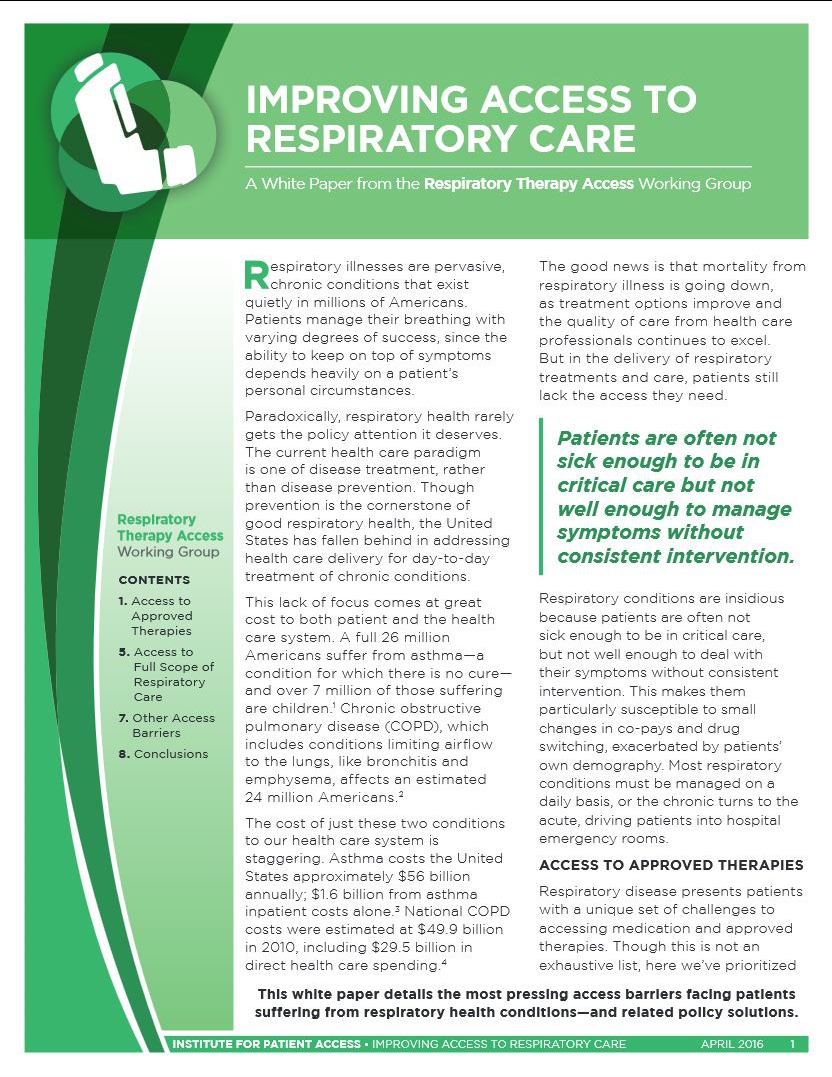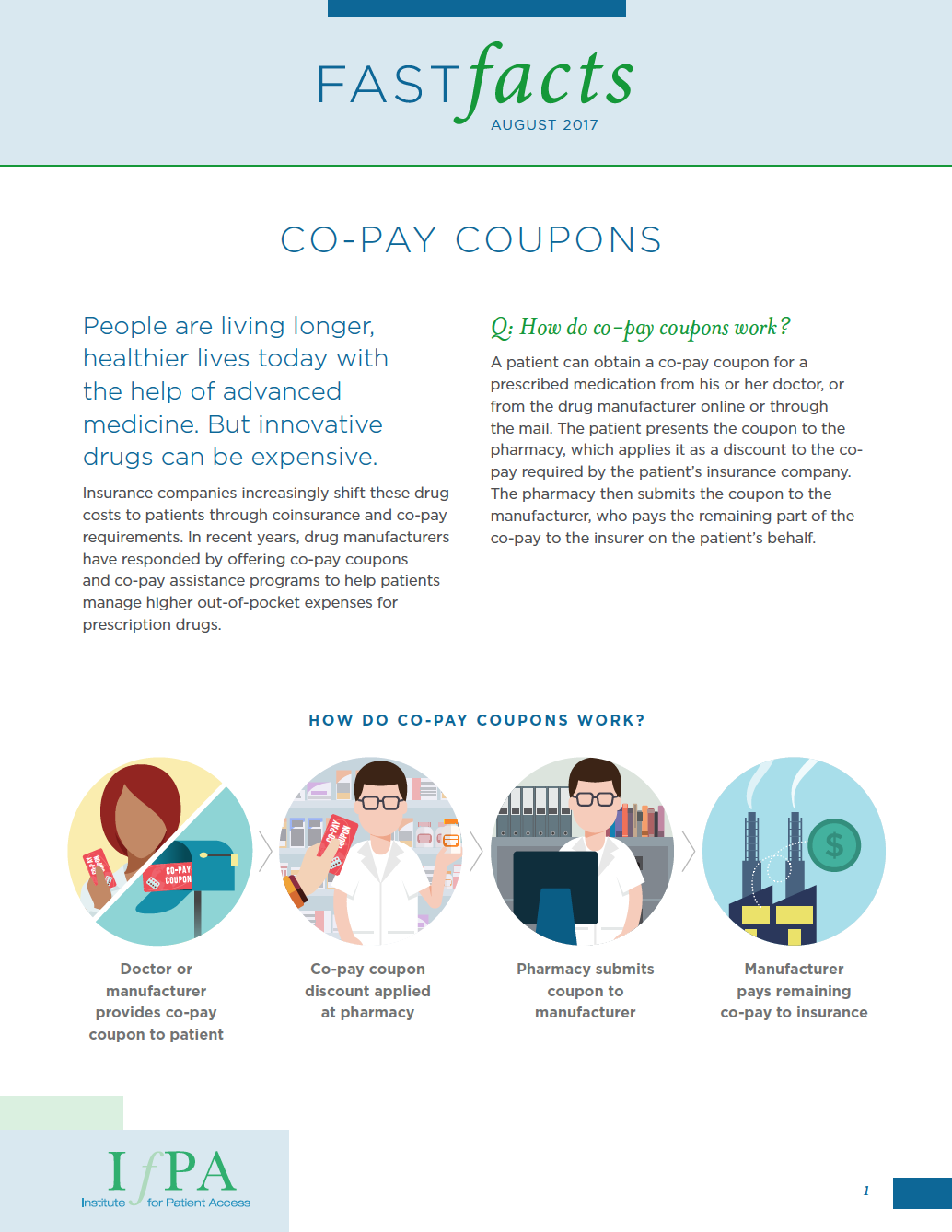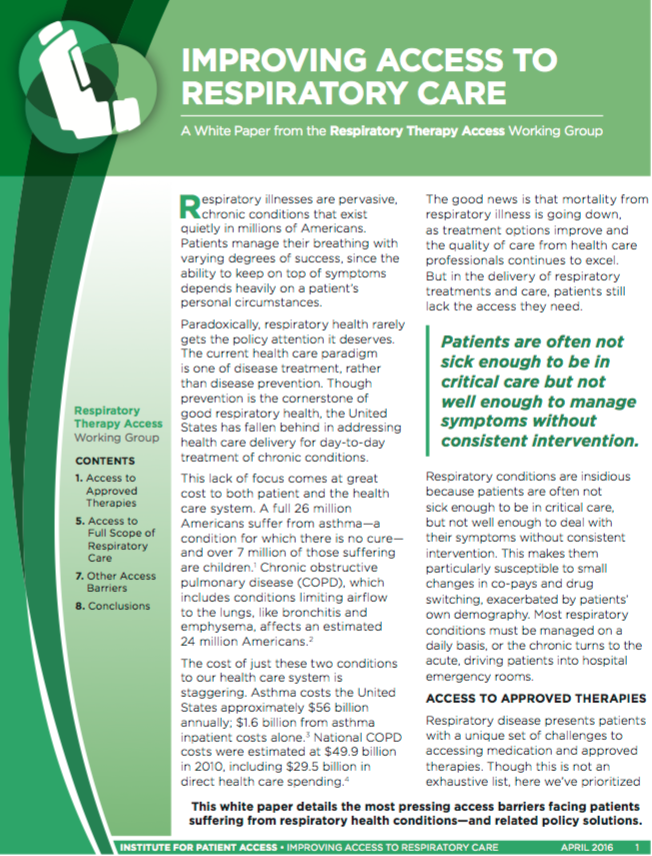

January 9, 2018
Winter weather blasted much of the nation last week, but it’s not just the common cold that Americans are fighting. Many regions, regardless of temperature, are also being pummeled by a different phenomenon – vaccine-preventable diseases.

November 15, 2017
An estimated 210 million people worldwide suffer from Chronic Obstructive Pulmonary Disease, or COPD, the third leading cause of death in the United States. This November 15, on World COPD Day, advocates and patients worldwide seek to raise awareness and to advocate for access to treatment.

August 10, 2017
Opting for cheaper prescription drugs seems like an obvious way to cut health care costs. The assumption has led health plans to employ utilization management techniques with increasing frequency in recent years. And it’s given rise to a newer phenomenon known as “non-medical switching,” where health plans exclude a drug from coverage or increase patients’ out-of-pocket burden in hopes of persuading patients to take a less expensive drug.

August 6, 2017
Respiratory illnesses are pervasive, chronic conditions that exist quietly in millions of Americans. Patients manage their breathing with varying degrees…

August 1, 2017
People are living longer, healthier lives today with the help of advanced medicine. But innovative drugs can be expensive. Insurance…

April 20, 2017
A new bureaucratic obstacle could make it even harder for asthma patients to get the medicine they need.

March 14, 2017
More than 6 million children in the United States suffer from asthma. But several new studies paint a startling picture of how this disease impacts especially vulnerable subpopulations: in particular, poor and black children.
December 16, 2016
Hepatitis C patients keep waiting…and waiting…and waiting.
June 17, 2016
Co-pays are high and health care is far from optimal for Americans with chronic obstructive pulmonary disease (COPD), says a new report from The Lancet Respiratory Medicine Commission.

April 8, 2016
Patients with respiratory conditions are often not sick enough to be in critical care but not well enough to deal with their symptoms without consistent intervention. So explains a newly released white paper from the Institute for Patient Access and the Alliance for Patient Access’ Respiratory Therapy Access Working Group.










